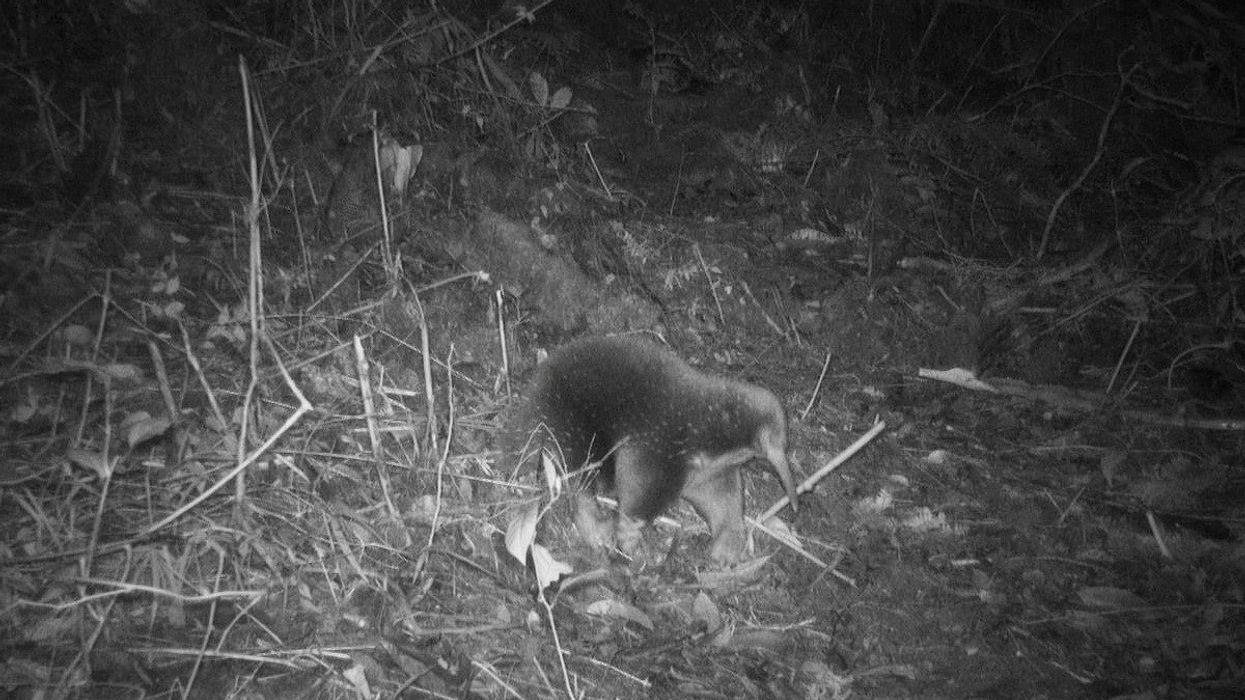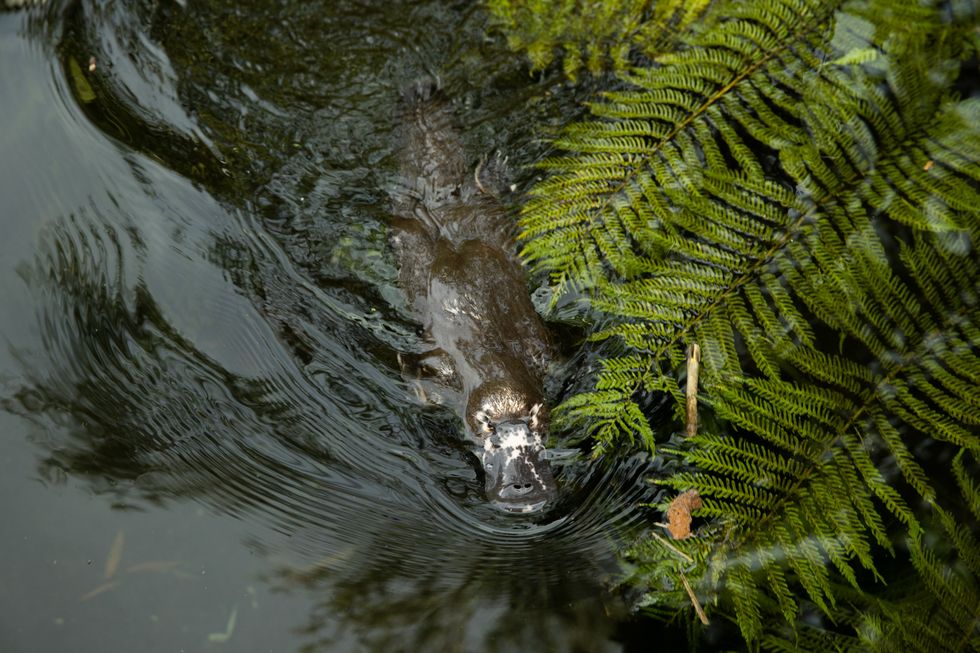Long lost mammal named after David Attenborough rediscovered after 60 years

Long lost mammal named after David Attenborough rediscovered after 60 years
|Cyclops expidition 2023

By Tom Fredericks
Published: 10/11/2023
- 17:49Updated: 10/11/2023
- 17:49The elusive creature is the only mammal besides the duck-billed platypus to lay eggs
Don't Miss
Most Read
Latest
Scientists have rediscovered a long-lost species of mammal described as having the spines of a hedgehog, the snout of an anteater and the feet of a mole, in Indonesia's Cyclops Mountains, more than 60 years after it was last seen.
Attenborough's long-beaked echidna, also known as Sir David's, named after British naturalist David Attenborough, was photographed for the first time by a trail camera on the last day of a four week expedition led by Oxford University scientists.
Echidnas have been called “living fossils”. They are believed to have emerged about 200 million years ago, when dinosaurs roamed the Earth.
Having descended from the mountains at the end of the trip, British biologist James Kempton found the images of the small creature walking through the forest undergrowth on the last memory card retrieved from more than 80 remote cameras.
“There was a great sense of euphoria, and also relief having spent so long in the field with no reward until the very final day," he said, describing the moment he first saw the footage with collaborators from Indonesian conservation group.
“I shouted out to my colleagues that were still remaining... and said 'we found it, we found it' - I ran in from my desk to the living room and hugged the guys.
Echidnas share their name with a half-woman, half-serpent Greek mythological creature, and were described by the team as shy, nocturnal burrow-dwellers who are notoriously difficult to find.
The species has only been scientifically recorded once before, by a Dutch botanist in 1961.
LATEST DEVELOPMENTS:- 'UNPRECEDENTED' risk with Pro-Palestine protests on Armistice Day says security specialist
- ‘Veterans told DON’T wear medals on way to Remembrance’ Colonel Kemp reveals horrifying reality of Britain: ‘Lost for words!’
- Children heard saying ‘from river to sea, Palestine will be free’ as they miss school to protest

The elusive creature is the only mammal besides the duck-billed platypus (pictured) to lay eggs
|Getty Images
Short-beaked echidnas are common throughout Australia and lowland New Guinea.
Apart from the duck-billed platypus, the echidna is the only mammal that lays eggs.










